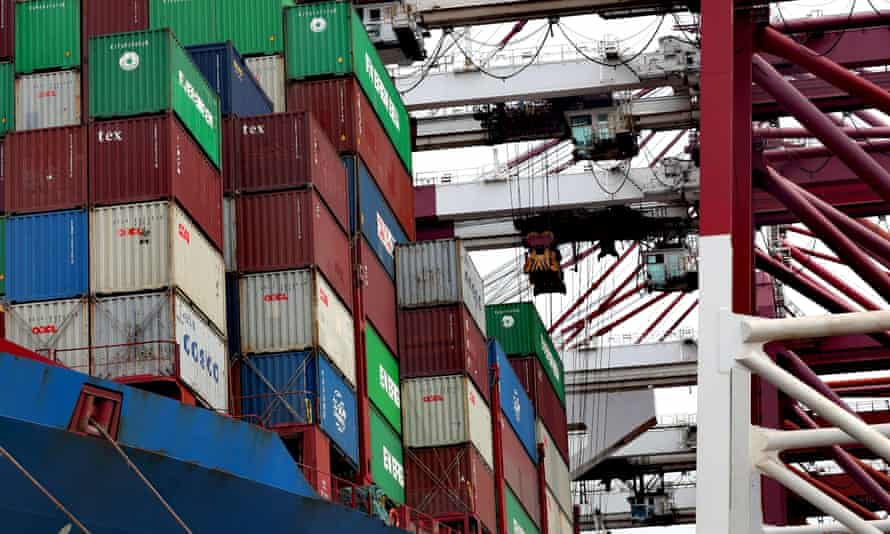The world’s engines are spluttering: IMF points to deeper problems beyond 2022 |
The International Monetary Fund’s revised World Economic Outlook is sobering. It is rare for the organisation to revise down sharply its projections for economic growth only one quarter into the calendar year. Yet in this case, it has done so for 86% of its 190 member countries, resulting in a decline of almost one percentage point in global growth for 2022 – from 4.4% to 3.6%. Moreover, this forecast is accompanied by a significant increase in projected inflation, and all this bad news is packaged in a wrapping of deeper uncertainty. There is a downward bias in the balance of risks, and inequality is expected to worsen within and across countries.
The WEO revision is attracting a great deal of media attention. The focus, understandably, is on the relatively large size of the revisions for the current year, most of which are associated with the detrimental economic effects of Russia’s invasion of Ukraine. The war has disrupted the supply of corn, gas, metals, oil and wheat, as well as pushing up the price of critical inputs such as fertiliser (which is made from natural gas). These developments have prompted warnings of a looming global food crisis and a severe increase in world hunger. Given the scale of the disruptions, it would not surprise me if the IMF issued a further downward revision to its growth projections – particularly for Europe – later this year.
But as important as these 2022 effects are, especially when it comes to the impact on vulnerable segments of the population and fragile countries, we also must pay attention to the IMF’s 2023 outlook. The projection for next year points to a medium-term problem that is no less important: the lost potency of growth models worldwide. The IMF does not expect its significant downward revision in global economic growth for 2022 to be offset in 2023. Instead, it has lowered its forecast for next year from 3.8% to 3.6%, with those revisions applying to advanced and developing economies.
The implication is that the world’s economic engines are sputtering. This problem is especially worrisome in such a fluid operating environment because it means that the prevailing growth models are not up to the task of pulling economies through unanticipated negative shocks. Making matters worse, the same models have also failed to maintain a decent level of inclusive growth during periods of less stress.
Three big secular developments are to blame for the tepid outlook: the changing nature of globalisation; the prolonged reliance on artificial growth boosters; and the long-term failure to invest in the sources of sustained growth.

Economic and financial globalisation have been evolving in ways that make it more difficult for national economies to leverage international trade and foreign direct investment for domestic growth. While the pandemic raised questions about the proliferation and potential vulnerabilities of “just-in-time” cross-border supply chains, it is worth recalling that trade and investment restrictions were increasing well before Covid-19 emerged. The US-China…
Read More: The world’s engines are spluttering: IMF points to deeper problems beyond 2022 |
